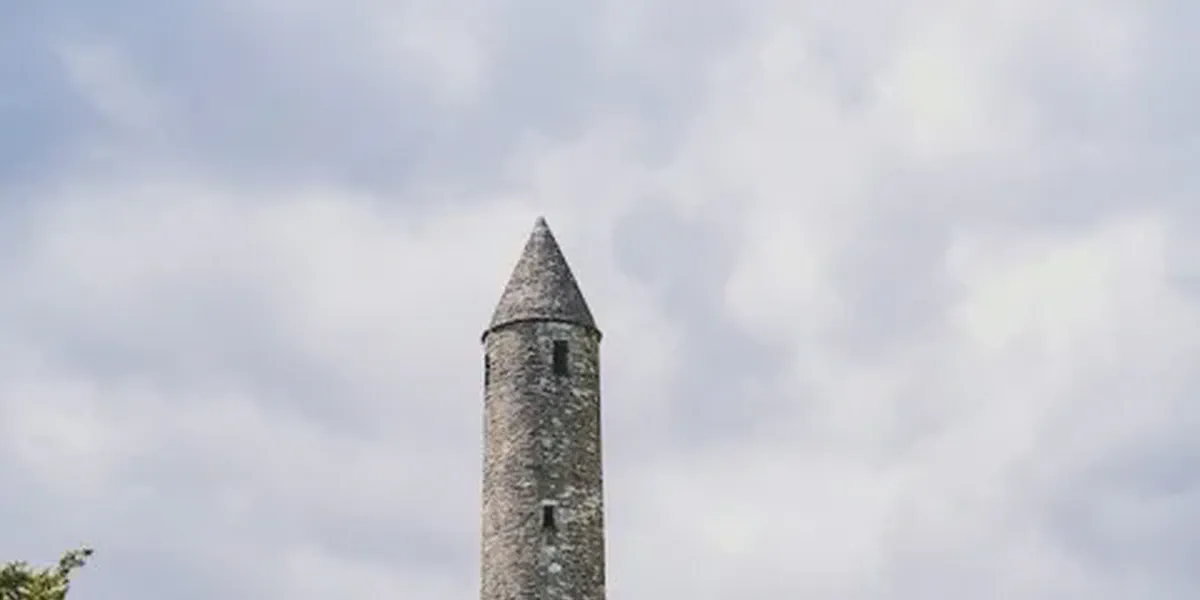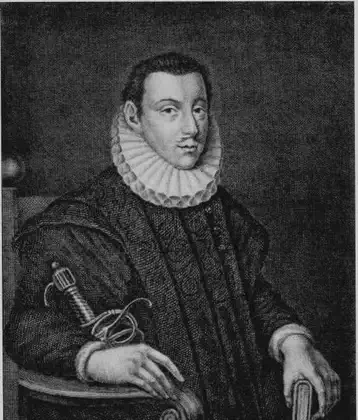
Henry Grattan (July 03, 1746 - June 06, 1820) was a member of the Irish House of Commons and a campaigner for legislative freedom for the Irish Parliament in the late 18th century. He opposed the Act of Union 1800 that merged the Kingdoms of Ireland and Great Britain.
The most searching scrutiny of his private life only increases the respect due to the memory of Grattan as a statesman and the greatest of Irish orators. His patriotism was untainted by self-seeking; he was courageous in risking his popularity for what his sound judgment showed him to be the right course. As Sydney Smith said with truth of Grattan soon after his death: No government ever dismayed him. The world could not bribe him. He thought only of Ireland; lived for no other object; dedicated to her his beautiful fancy, his elegant wit, his manly courage, and all the splendour of his astonishing eloquence.
On January 15, 1800 the Irish parliament met for its last session; on the same day Grattan secured by purchase a seat for Wicklow; and at a late hour, while the debate was proceeding, he appeared to take his seat, and was cheered from the galleries. Grattans strength gave way when he rose to speak, and he obtained leave to address the House sitting. Nevertheless his speech was a superb effort of oratory; for more than two hours he kept them spellbound. After prolonged debates Grattan, on 26 May, spoke finally against the committal of the bill, ending with an impassioned peroration in which he declared, I will remain anchored here with fidelity to the fortunes of my country, faithful to her freedom, faithful to her fall. These were the last words spoken by Grattan in the Irish parliament.
The bill establishing the union was carried through its final stages by substantial majorities. One of Grattans main grounds of opposition to the union had been his dread of seeing the political leadership in Ireland pass out of the hands of the landed gentry; and he prophesied that the time would come when Ireland would send to the united parliament a hundred of the greatest rascals in the kingdom. Like Flood before him, Grattan had no leaning towards democracy; and he anticipated that by the removal of the centre of political interest from Ireland the evil of absenteeism would be intensified.
Henry Grattan became a member of the Privy Council of Ireland on 19 September 1783. He was expelled 6 October 1798, but re-admitted on 9 August 1806.
Grattan served as a Whig member of the UK House of Commons for Dublin City from 1806 until his death in 1820.
More From This Day





